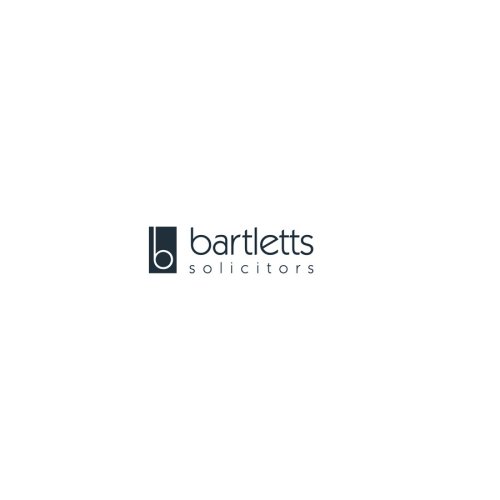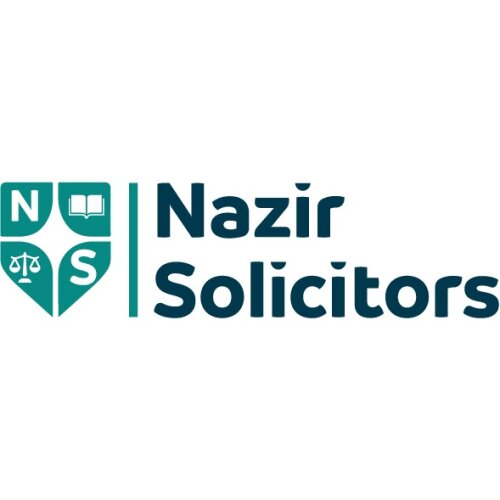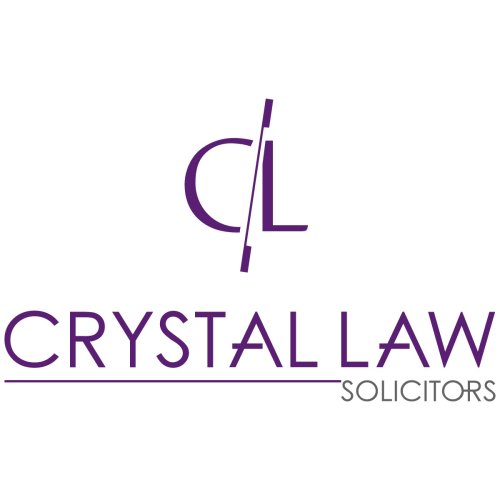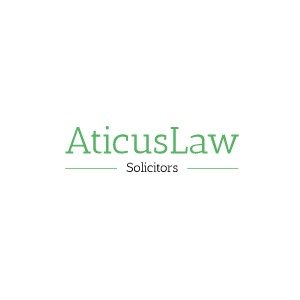Best Licensing Lawyers in United Kingdom
Share your needs with us, get contacted by law firms.
Free. Takes 2 min.
Or refine your search by selecting a city:
List of the best lawyers in United Kingdom
About Licensing Law in United Kingdom
Licensing law in the United Kingdom refers to the regulatory framework governing the authorization required to carry out certain activities. Primarily, this includes the sale and supply of alcohol, entertainment licensing, and the regulation of premises like restaurants, pubs, and nightclubs. Licensing ensures that such activities are conducted legally and responsibly. The framework is built around the Licensing Act 2003 for England and Wales, which sets out the rules and procedures for obtaining licenses for a range of activities.
Why You May Need a Lawyer
Legal assistance in licensing can be critical in various situations. You may need a lawyer if you are:
- Applying for a new premises or personal license and need help navigating the application process.
- Seeking to modify an existing license due to changes in operation such as extended hours or altered business activities.
- Facing an objection or representation against your licensing application which needs expert legal argumentation.
- Involved in a dispute over conditions imposed on your license.
- Confronted by enforcement action or prosecution due to alleged breaches of licensing conditions.
Local Laws Overview
The key legislation governing licensing in the UK is the Licensing Act 2003, which applies to England and Wales. The main objectives under the Act include the prevention of crime and disorder, ensuring public safety, the prevention of public nuisance, and the protection of children from harm. Each local authority is responsible for issuing licenses and ensuring compliance with conditions. In Scotland, the Licensing (Scotland) Act 2005 and in Northern Ireland, the Licensing (Northern Ireland) Order 1996 operate similarly with their own jurisdictions and particularities.
Frequently Asked Questions
What activities require a license under UK law?
Activities such as the sale and supply of alcohol, the provision of late-night refreshments, and various forms of entertainment including live music and film exhibitions require a license.
How do I apply for a premises license?
You must apply to your local licensing authority, typically the local council, and submit an application form along with the required fee and any supporting documents. Public notices and consultation periods are also part of the process.
What are the penalties for operating without a license?
Penalties can include fines, closure of premises, and in severe cases, imprisonment. The specifics vary depending on the nature and extent of the violation.
Can my license be transferred to another person?
Licenses can be transferred to another person or entity through a legal process, often required when a business is sold. This must be approved by the licensing authority.
What is a Temporary Event Notice (TEN)?
A TEN allows a short-term event to be held without a premises license, provided it meets certain criteria. There are limits on the number of such notices an individual can apply for each year.
How can I oppose a licensing application?
Interested parties can submit objections to licensing applications during the consultation period. These objections must relate to one or more of the licensing objectives and will be considered by the licensing committee.
What are the licensing hours under UK law?
Standard licensing hours can vary, but licenses generally allow for operations from 8 AM to 11 PM, although many venues apply for extended hours, especially in urban areas.
What conditions can be imposed on a license?
Conditions can include restrictions on noise levels, CCTV installation, minimum staff training, activities only at specified times, and capacity limits. Each application will be reviewed to determine suitable conditions.
What action can be taken if a licensed premises causes public nuisance?
Local authorities can review a license if the premises fail to comply with its conditions, and interested parties may submit a request for such a review. This can result in suspension or revocation of the license.
What role does the licensing committee have?
The licensing committee is responsible for the determination of contested licensing applications and reviews, ensuring they adhere to the licensing objectives and local policy frameworks.
Additional Resources
The following resources may be helpful for further understanding licensing laws and obtaining legal advice:
- Gov.uk Licensing Section: Provides detailed guidance on licensing across the UK.
- Local Licensing Authority Websites: Each local area will have bespoke information and application processes.
- Institute of Licensing: A professional body offering resources and training related to licensing.
- Solicitors Regulation Authority (SRA): Offers a directory of solicitors specializing in licensing law.
- Citizen's Advice Bureau: Provides free, independent advice on legal matters, including licensing.
Next Steps
If you need legal assistance with licensing issues, consider the following steps:
- Assess Your Needs: Determine the specific area of licensing your issue pertains to.
- Research Local Regulations: Visit your local authority's website for relevant regulations and application details.
- Contact a Specialist Lawyer: Look for lawyers or firms that specialize in licensing law to obtain tailored legal advice.
- Prepare Documentation: Ensure all necessary documentation and information are in order for any licensing applications or legal consultations.
- Consultation and Representation: Use professional legal advice for writing applications or representations to ensure compliance with all legal requirements.
Lawzana helps you find the best lawyers and law firms in United Kingdom through a curated and pre-screened list of qualified legal professionals. Our platform offers rankings and detailed profiles of attorneys and law firms, allowing you to compare based on practice areas, including Licensing, experience, and client feedback.
Each profile includes a description of the firm's areas of practice, client reviews, team members and partners, year of establishment, spoken languages, office locations, contact information, social media presence, and any published articles or resources. Most firms on our platform speak English and are experienced in both local and international legal matters.
Get a quote from top-rated law firms in United Kingdom — quickly, securely, and without unnecessary hassle.
Disclaimer:
The information provided on this page is for general informational purposes only and does not constitute legal advice. While we strive to ensure the accuracy and relevance of the content, legal information may change over time, and interpretations of the law can vary. You should always consult with a qualified legal professional for advice specific to your situation.
We disclaim all liability for actions taken or not taken based on the content of this page. If you believe any information is incorrect or outdated, please contact us, and we will review and update it where appropriate.
Browse licensing law firms by city in United Kingdom
Refine your search by selecting a city.

















